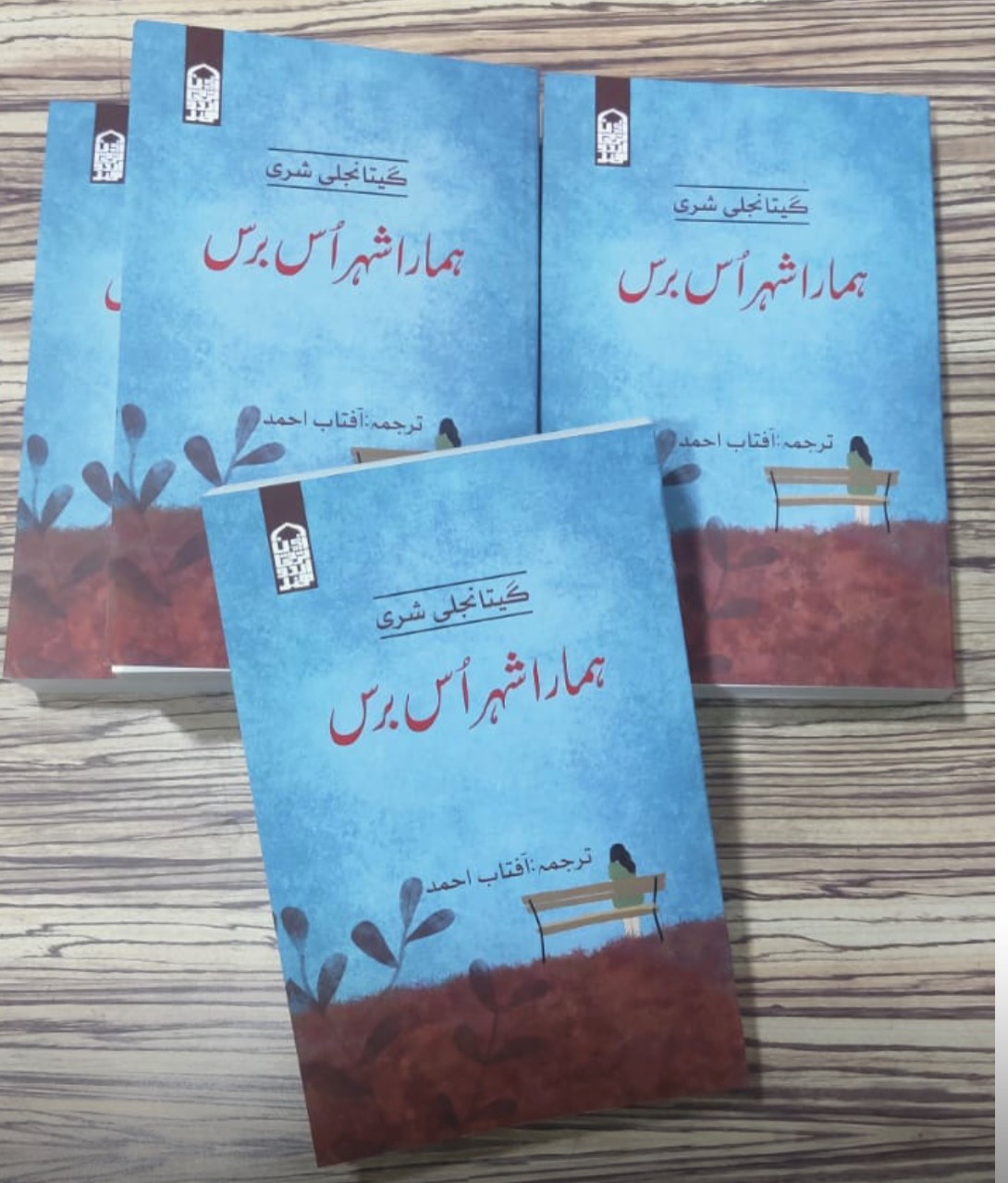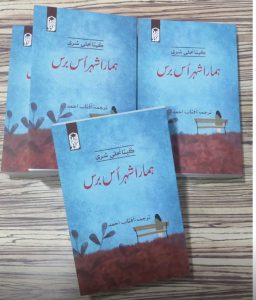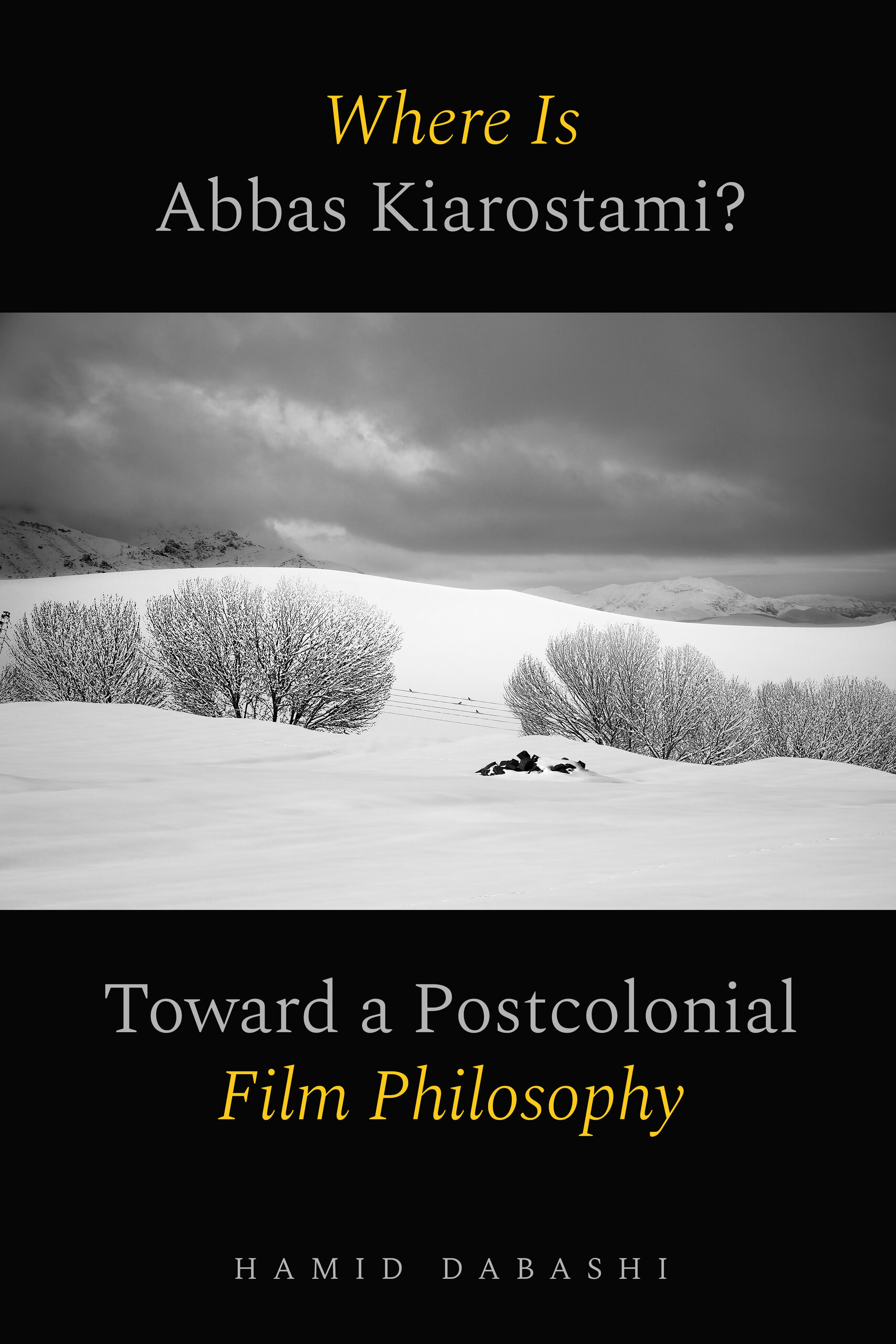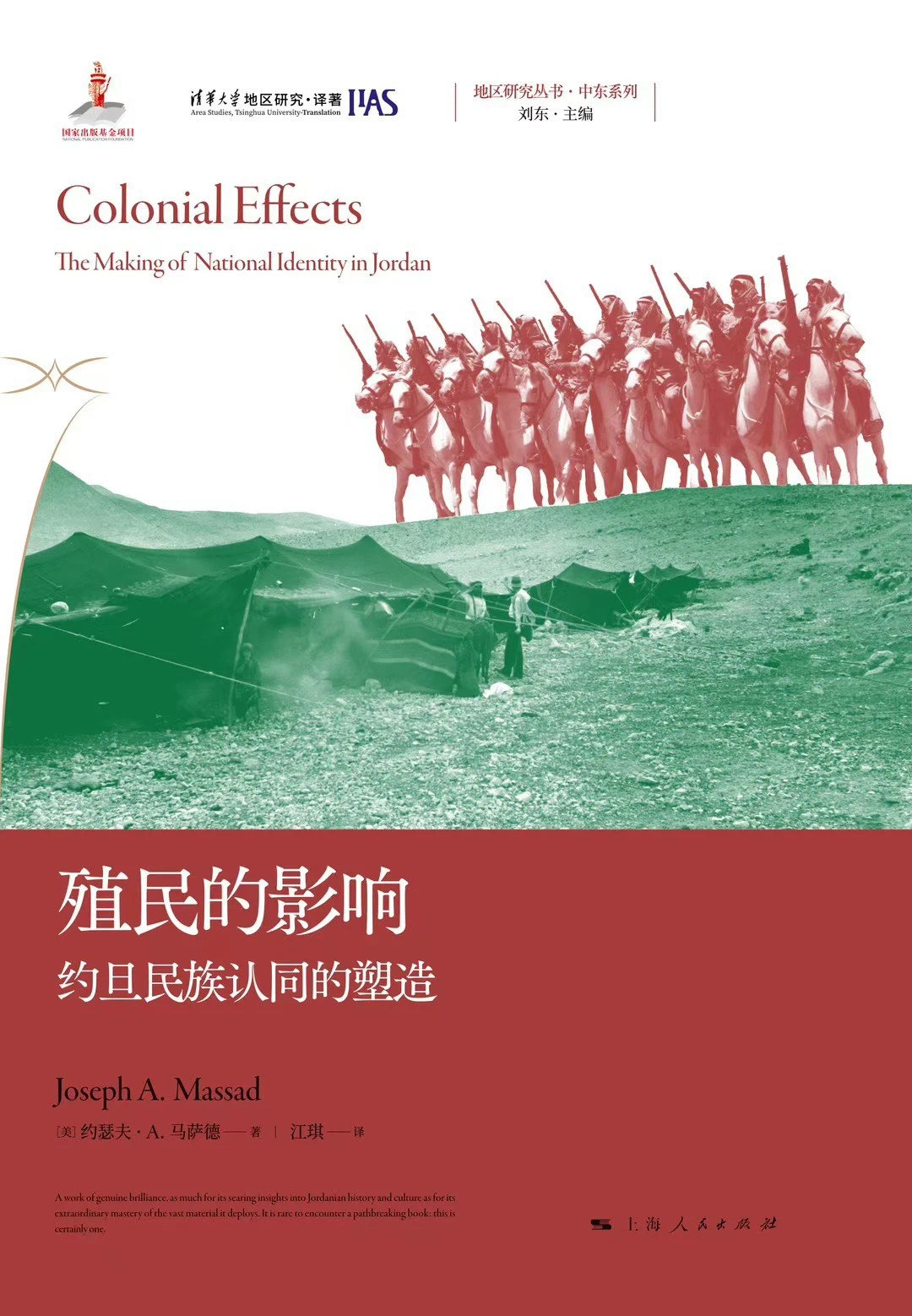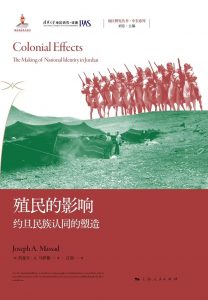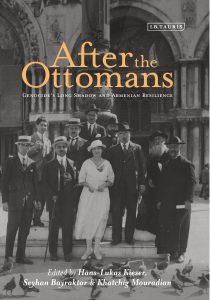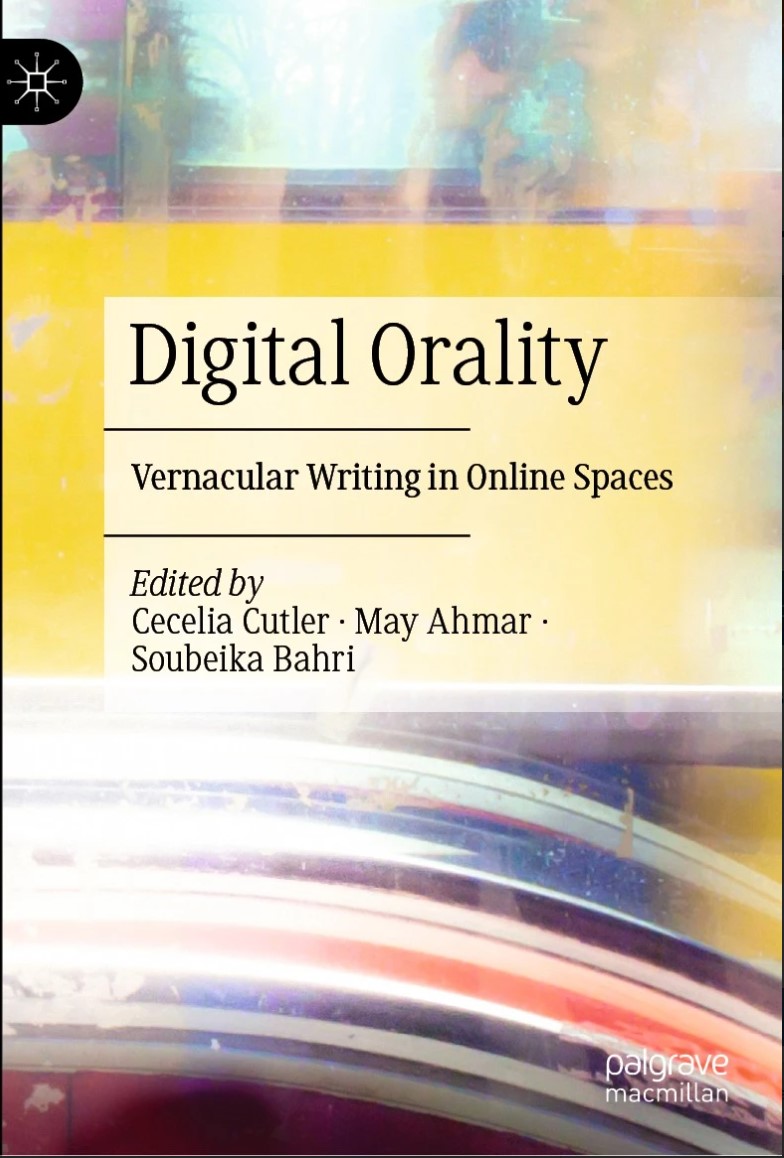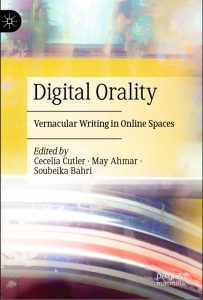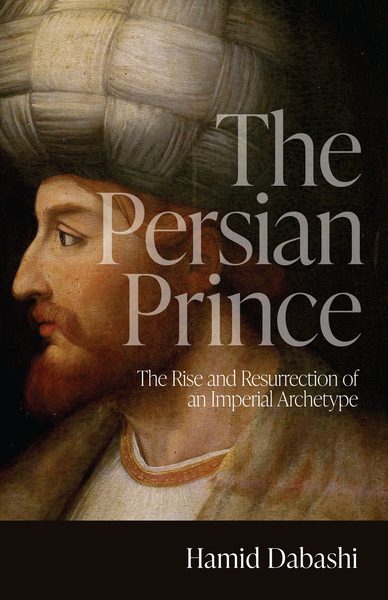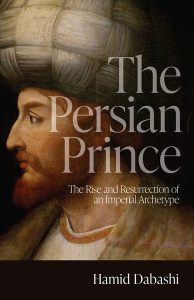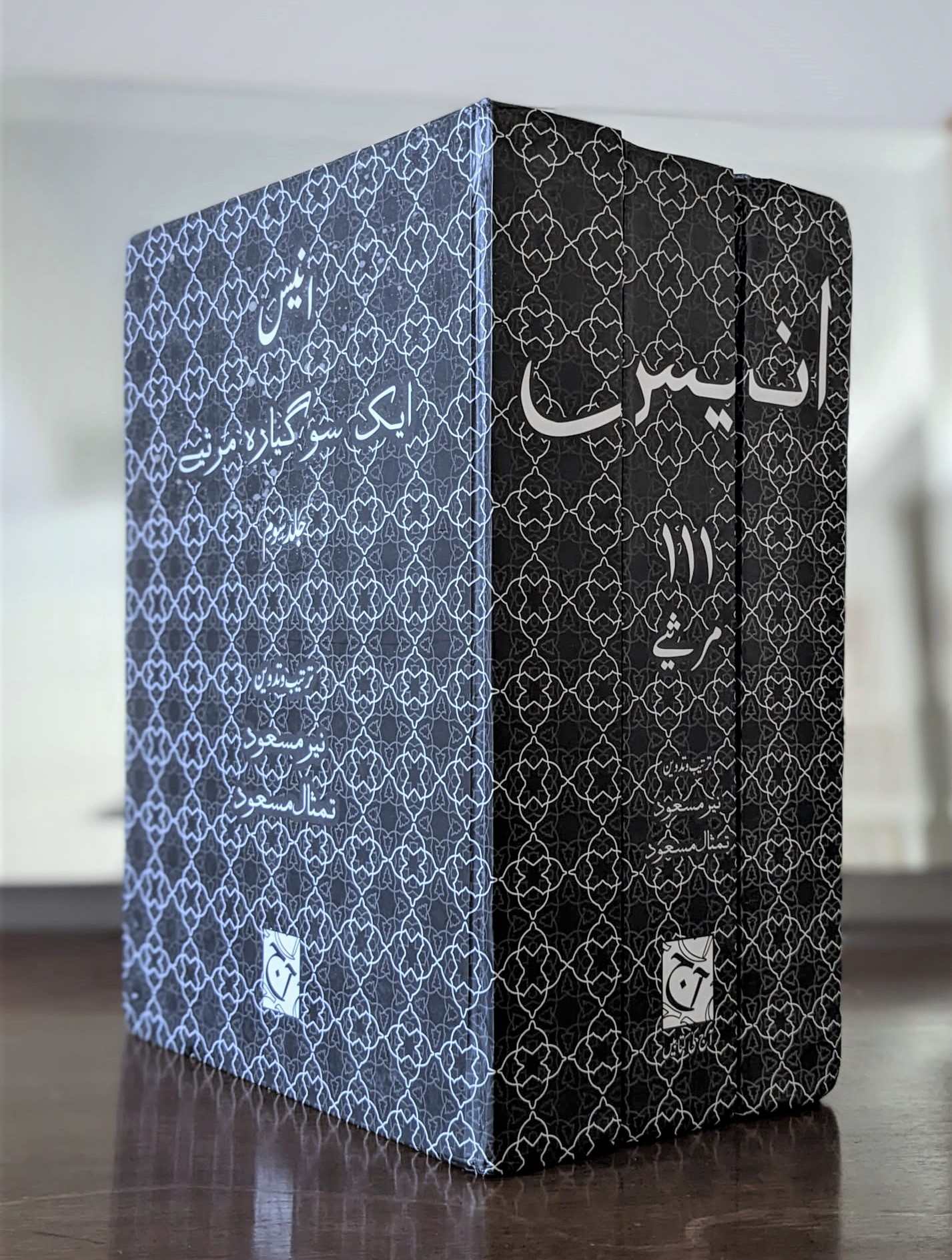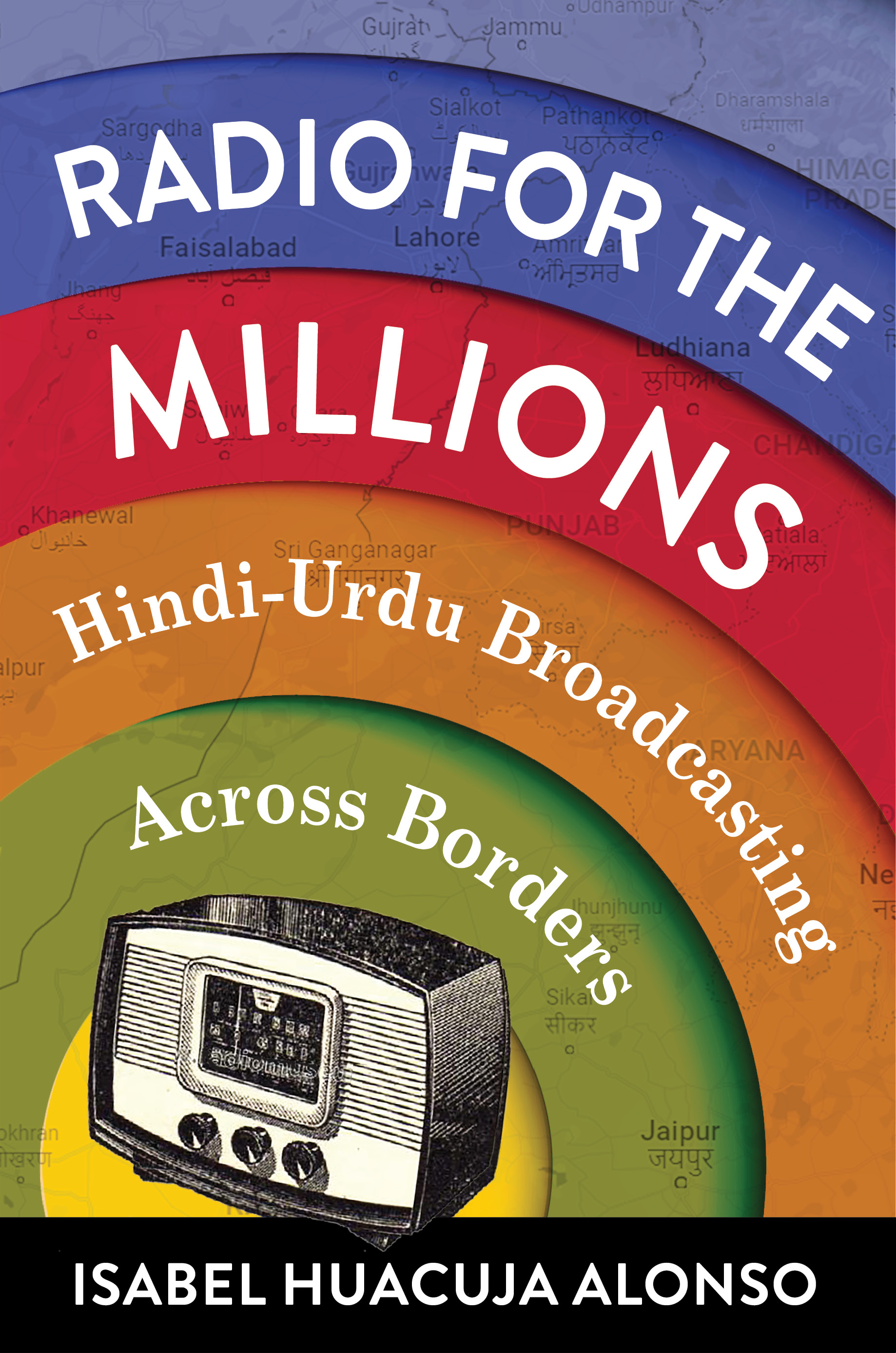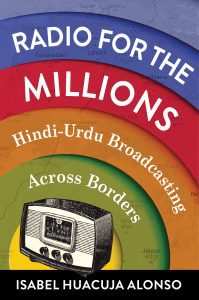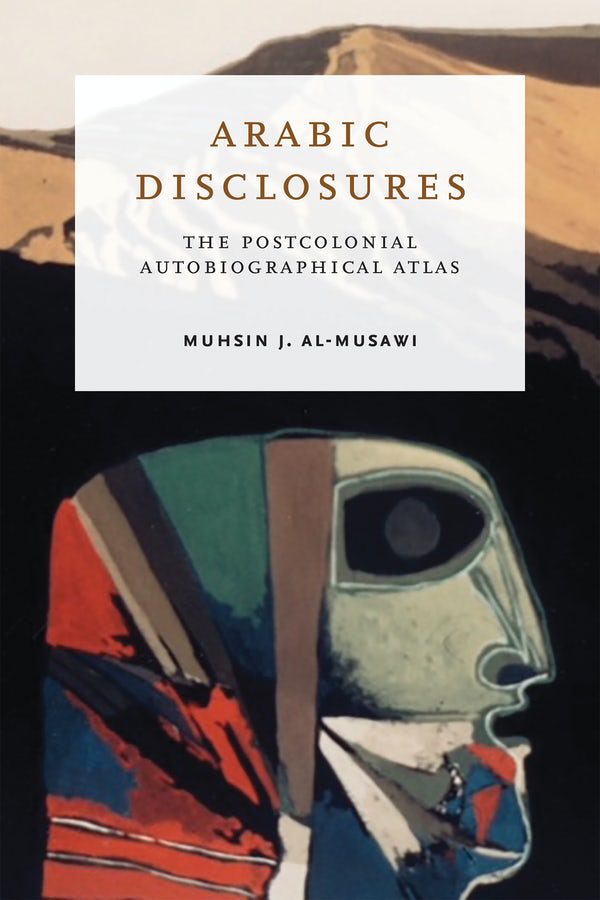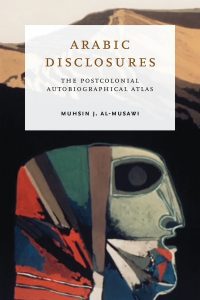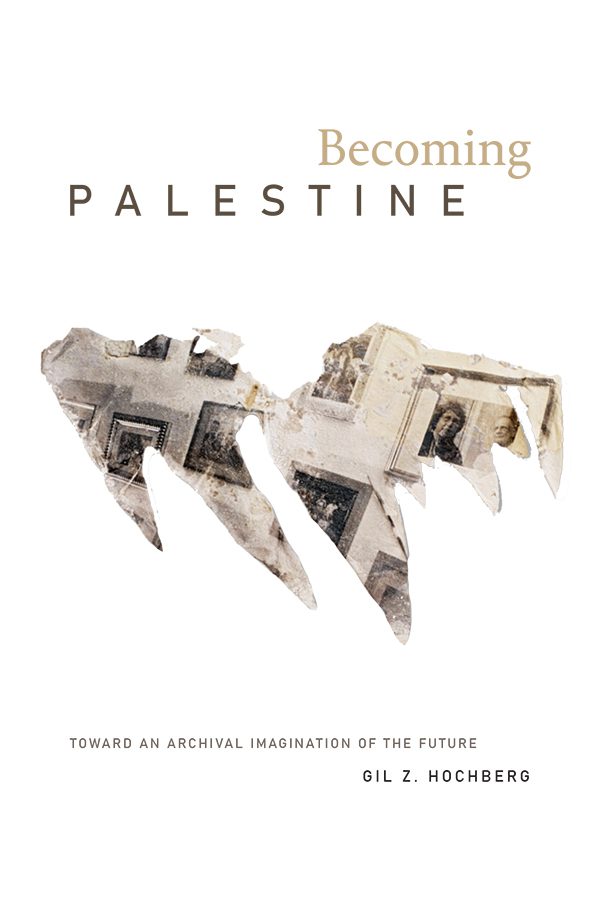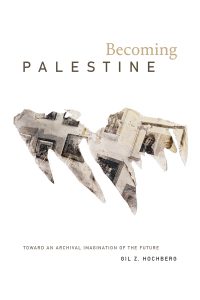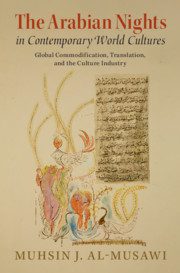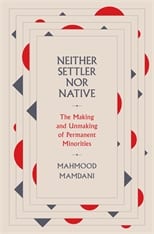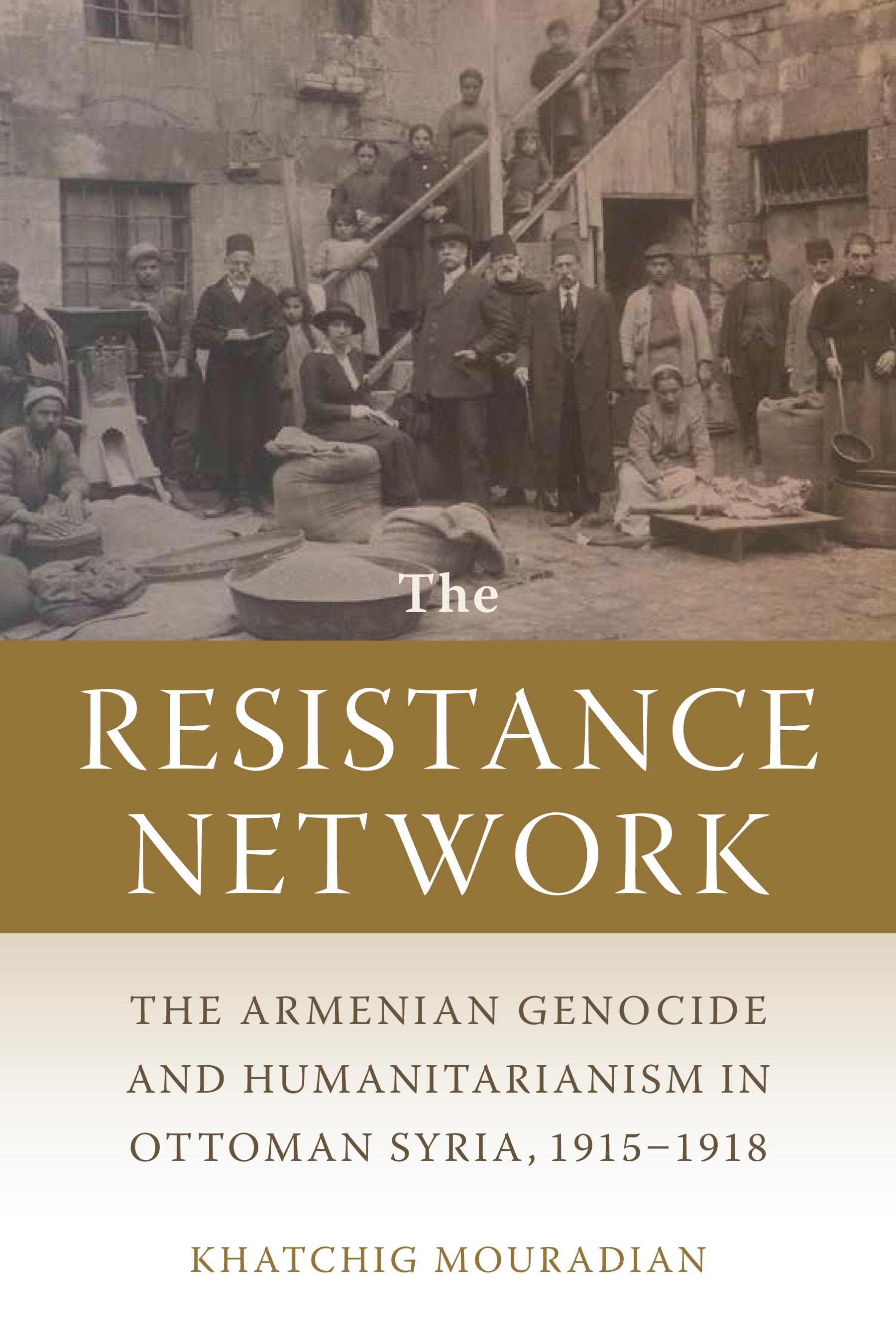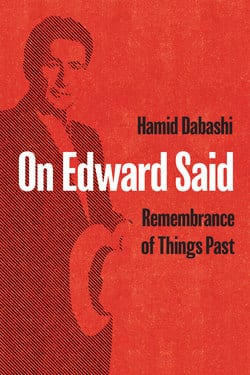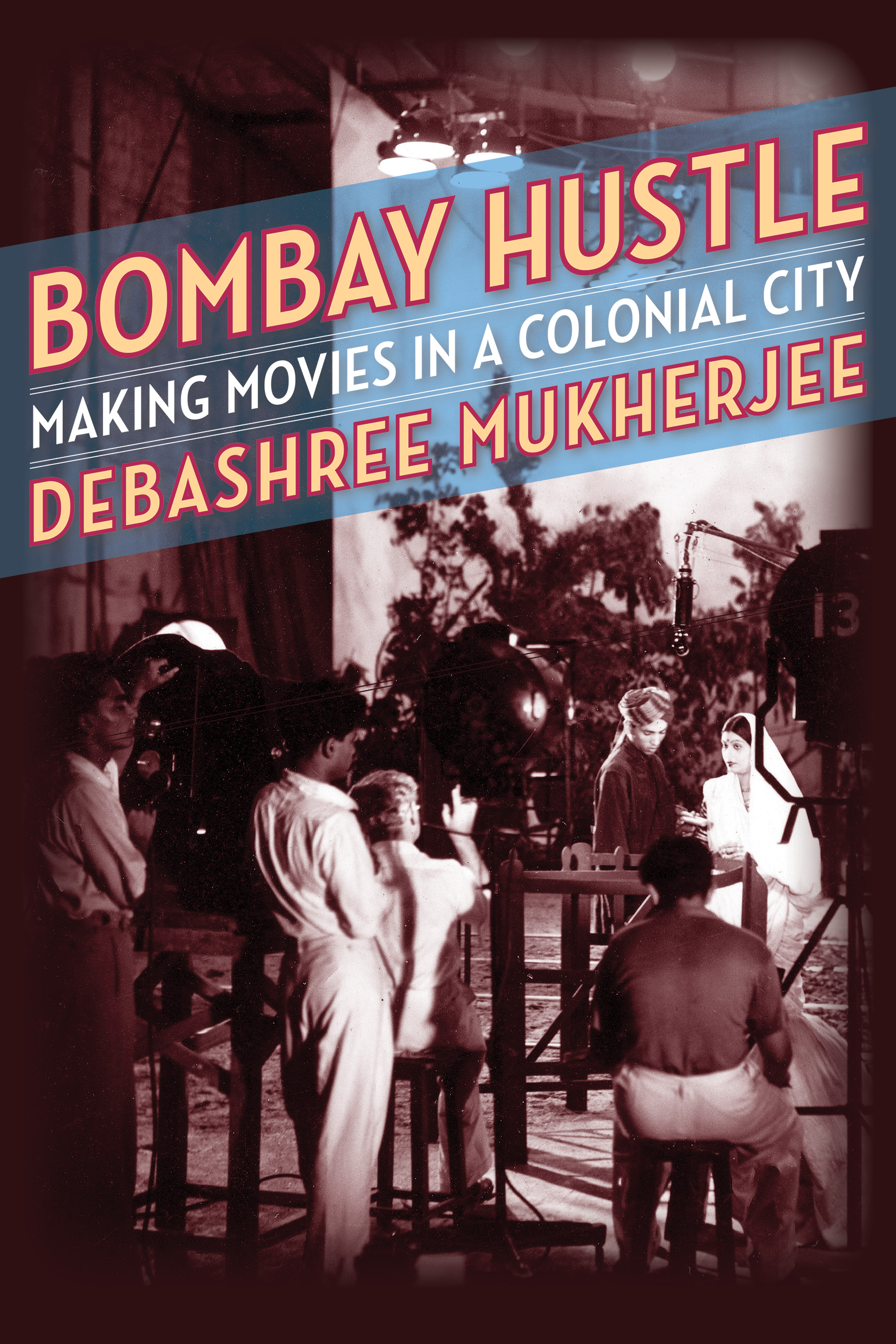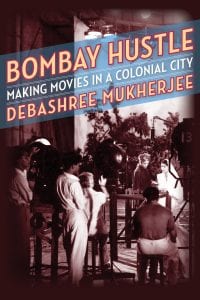RECENT BOOKS
Hamara Shahar Us Baras (Our City That Year) Translated by Aftab Ahmad
Published in 1998, Hamara Shahar Us Baras is Geetanjali Shree’s second novel, exploring communalism in India, particularly the rising animosity between Hindus and Muslims. It examines how politicians and Hindutva nationalists construct narratives that, once amplified by the media, solidify into accepted truths. Initially, university intellectuals resist these narratives but eventually begin to accept and propagate them.
Shree’s experimental form makes the novel both challenging and powerful. Divided into short, fragmented sections—some just a word long—it initially feels disjointed but gradually forms a cohesive depiction of communal tensions in India. Though written in the late 1990s, its themes remain deeply relevant. The novel is filled with sounds—the reverberations of speeches, lectures, slogans, and conversations in various public and private spaces—through which we hear the unfolding events..
Daisy Rockwell’s English translation, Our City That Year, was published in India in 2024 and will be released by HarperVia in the US in April 2025.
Where Is Abbas Kiarostami? by Hamid Dabashi published by University of California Press
https://www.ucpress.edu/books/where-is-abbas-kiarostami/paper
When Abbas Kiarostami suddenly passed away in July 2016, he was already an iconic figure in world cinema—and his reputation as a master filmmaker has only grown since. In this book, celebrated scholar Hamid Dabashi offers a new way of looking at Kiarostami’s artworld, one that questions the very idea of film philosophy. Dabashi’s authoritative account of the philosophical resonances of Kiarostami’s oeuvre offers an iconoclastic critique of the field’s Eurocentrism and, in vivid prose, makes the case for a new method of appreciating the work of this essential figure. The result is a provocative perspective on the totality of Kiarostami’s legacy that, with deep roots in Iranian aesthetic and Persian poetic and philosophical traditions, overcomes film’s provincial preoccupation with its Western heritage and charts a new path forward for film-philosophy.
After The Ottomans edited by Khatchig Mouradian published by I.B. Tauris
After the Ottomans co-edited by Khatchig Mouradian
After the Ottomans: Genocide’s Long Shadow and Armenian Resilience, co-edited by Hans-Lukas Kieser, Khatchig Mouradian, and Seyhan Bayraktar, was published by I.B. Tauris in July 2023.
The book deals with the lasting impact and the formative legacy of removal, dispossession and the politics of genocide in the last decade of the Ottoman Empire. For understanding contemporary Turkey and the neighboring region, it is important to revisit the massive transformation of the late-Ottoman world caused by persistent warfare between 1912 and 1922.
This fourth volume of a series focusing on the “Ottoman Cataclysm” looks at the century-long consequences and persistent implications of the Armenian genocide. It deals with the actions and words of the Armenians as they grappled with total destruction and tried to emerge from under it. Eleven scholars of history, anthropology, literature and political science explore the Ottoman Armenians not only as the major victims of the First World War and the post-war treaties, but also as agents striving for survival, writing history, transmitting the memory and searching for justice.
Learn more here: https://www.bloomsbury.com/us/after-the-ottomans-9780755649709/
Digital Orality edited by May Ahmar published by Springer/Palgrave Macmillan
The Persian Prince by Hamid Dabashi, Stanford University Press
“With its title borrowed from Machiavelli, The Persian Prince goes far beyond Machiavelli’s wildest imagination as to how to rule the world. Hamid Dabashi articulates a bold new idea of the Persian Prince—a metaphor of political authority, a figurative ideal deeply rooted in the collective memories of multiple nations, and a literary construct that connected Muslim empires across time and space and continues to inform political debate today.”
For more information, click on image below:
Anis: 111 marsiye, edited by Timsal Masud
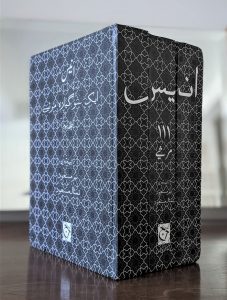
Beginning Armenian: A Communicative Textbook By Charry Karamanoukian
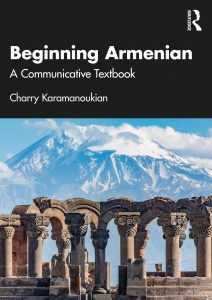
Beginning Armenian: A Communicative Textbook introduces conversational Western and Eastern Armenian in a single volume, allowing learners to acquire the language skills they need to communicate and to reference, contrast, and compare both standards of the language.
Learn more here: https://www.routledge.com/Beginning-Armenian-A-Communicative-Textbook/Karamanoukian/p/book/9780367408558
Radio for the Millions, by Isabel Huacuja Alonso published by Columbia University Press
From news about World War II to the broadcasting of music from popular movies, radio played a crucial role in an increasingly divided South Asia for more than half a century. Radio for the Millions examines the history of Hindi-Urdu radio during the height of its popularity from the 1930s to the 1980s, showing how it created transnational communities of listeners.
Isabel Huacuja Alonso argues that despite British, Indian, and Pakistani politicians’ efforts to usurp the medium for state purposes, radio largely escaped their grasp. She demonstrates that the medium enabled listeners and broadcasters to resist the cultural, linguistic, and political agendas of the British colonial administration and the subsequent independent Indian and Pakistani governments. Rather than being merely a tool of nation building in South Asia, radio created affective links that defied state agendas, policies, and borders. It forged an enduring transnational soundscape, even after the 1947 Partition had made a united India a political impossibility.
Huacuja Alonso traces how people engaged with radio across news, music, and drama broadcasts, arguing for a more expansive definition of what it means to listen. She develops the concept of “radio resonance” to understand how radio relied on circuits of oral communication such as rumor and gossip and to account for the affective bonds this “talk” created. By analyzing Hindi film-song radio programs, she demonstrates how radio spurred new ways of listening to cinema. Drawing on a rich collection of sources, including newly recovered recordings, listeners’ letters to radio stations, original interviews with broadcasters, and archival documents from across three continents, Radio for the Millions rethinks assumptions about how the medium connects with audiences.
The End of Two Illusions by Hamid Dabashi, University of California Press
Dismantling the myths that divide Islam and the West, this cutting-edge work of critical thinking proposes new ways to reread Islamic and world histories.
Extending from the front-page news coverage of our daily lives back into the deepest and most revelatory histories of the last two hundred years and earlier, Hamid Dabashi’s The End of Two Illusions is a daring, provocative, and groundbreaking work that dismantles the most dangerous delusions manufactured between two vastly fetishized abstractions: “Islam” and “the West.” With this book, Dabashi shows how the civilizational divides imagined between these two cosmic binaries have defined their entanglement—in ways that have nothing to do with the lived experiences of either Muslims or the diverse and changing communities scarcely held together by the myth of “the West.”
Through detailed historical and contemporary analysis, The End of Two Illusions untangles the motivations that produced this global fiction. Dabashi demonstrates how “the West” was an ideological commodity and civilizational mantra invented during the European Enlightenment, serving as an epicenter for the rise of globalized capitalist modernity. In turn, Orientalist ideologues went around the world manufacturing equally illusory abstractions in the form of inferior civilizations in India, China, Africa, Latin America, and the Islamic world. The result was the projection of “Islam and the West” as the prototype of a civilizational hostility that has given false explanations and flawed prognoses of our contemporary history, with weaponized Islamophobia on one side and militant Islamism on the other as its most palpable manifestations. Dabashi argues it is long past time to dismantle this dangerous liaison, expose and overcome its perilous delusions, and reimagine the world beyond its shimmering mirage. The End of Two Illusions is the most iconoclastic work of critical thought and scholarship to emerge in recent memory, clearing the way toward a far more liberating imaginative geography of the world we share.
For more information click link: https://www.ucpress.edu/book/9780520376922/the-end-of-two-illusions
Becoming Palestine by Gil Hochberg published by Duke University Press
In Becoming Palestine, Gil Z. Hochberg examines how contemporary Palestinian artists, filmmakers, dancers, and activists use the archive in order to radically imagine Palestine’s future. She shows how artists such as Jumana Manna, Kamal Aljafari, Larissa Sansour, Farah Saleh, Basel Abbas, and Ruanne Abou-Rahme reimagine the archive, approaching it not through the desire to unearth hidden knowledge, but to sever the identification of the archive with the past. In their use of archaeology, musical traditions, and archival film and cinematic footage, these artists imagine a Palestinian future unbounded from colonial space and time. By urging readers to think about archives as a break from history rather than as history’s repository, Hochberg presents a fundamental reconceptualization of the archive’s liberatory potential.
For more information click link: https://dukeupress.edu/becoming-palestine
Harvard University Press presents Neither Settler nor Native by Mahmood Mamdani
Making the radical argument that the nation-state was born of colonialism, this book calls us to rethink political violence and reimagine political community beyond majorities and minorities.
In this genealogy of political modernity, Mahmood Mamdani argues that the nation-state and the colonial state created each other. In case after case around the globe—from the New World to South Africa, Israel to Germany to Sudan—the colonial state and the nation-state have been mutually constructed through the politicization of a religious or ethnic majority at the expense of an equally manufactured minority.
The model emerged in North America, where genocide and internment on reservations created both a permanent native underclass and the physical and ideological spaces in which new immigrant identities crystallized as a settler nation. In Europe, this template would be used by the Nazis to address the Jewish Question, and after the fall of the Third Reich, by the Allies to redraw the boundaries of Eastern Europe’s nation-states, cleansing them of their minorities. After Nuremberg the template was used to preserve the idea of the Jews as a separate nation. By establishing Israel through the minoritization of Palestinian Arabs, Zionist settlers followed the North American example. The result has been another cycle of violence.
Neither Settler nor Native offers a vision for arresting this historical process. Mamdani rejects the “criminal” solution attempted at Nuremberg, which held individual perpetrators responsible without questioning Nazism as a political project and thus the violence of the nation-state itself. Instead, political violence demands political solutions: not criminal justice for perpetrators but a rethinking of the political community for all survivors—victims, perpetrators, bystanders, beneficiaries—based on common residence and the commitment to build a common future without the permanent political identities of settler and native. Mamdani points to the anti-apartheid struggle in South Africa as an unfinished project, seeking a state without a nation.
For more information, click here.
The Resistance Network by Khatchig Mouradian, Michigan State University Press
The Resistance Network: The Armenian Genocide and Humanitarianism in Ottoman Syria, 1915–1918 is the is the history of an underground network of humanitarians, missionaries, and diplomats in Ottoman Syria who helped save the lives of thousands during the Armenian Genocide. Khatchig Mouradian challenges depictions of Armenians as passive victims of violence and subjects of humanitarianism, demonstrating the key role they played in organizing a humanitarian resistance against the destruction of their people. Piecing together hundreds of accounts, official documents, and missionary records, Mouradian presents a social history of genocide and resistance in wartime Aleppo and a network of transit and concentration camps stretching from Bab to Ras ul-Ain and Der Zor. He ultimately argues that, despite the violent and systematic mechanisms of control and destruction in the cities, concentration camps, and massacre sites in this region, the genocide of the Armenians did not progress unhindered—unarmed resistance proved an important factor in saving countless lives.
For more information, click here: The Resistance Network (msupress.org)
Haymarket Books presents On Edward Said by Hamid Dabashi
Edward Said (1935-2003) was a towering figure in post-colonial studies and the struggle for justice in his native Palestine, best known for his critique of orientalism in western portrayals of the Middle East. As a public intellectual, activist, and scholar, Said forever changed how we read the world around us and left an indelible mark on subsequent generations.
Hamid Dabashi, himself a leading thinker and critical public voice, offers a unique collection of reminiscences, travelogues and essays that document his own close and long-standing scholarly, personal and political relationship with Said. In the process, they place the enduring significance of Edward Said’s legacy in an unfolding context and locate his work within the moral imagination and environment of the time.
For more information, click here.
Bombay Hustle by Debashree Mukherjee, Columbia University Press
From starry-eyed fans with dreams of fame to cotton entrepreneurs turned movie moguls, the Bombay film industry has historically energized a range of practices and practitioners, playing a crucial and compelling role in the life of modern India. Bombay Hustle presents an ambitious history of Indian cinema as a history of material practice, bringing new insights to studies of media, modernity, and the late colonial city.
Drawing on original archival research and an innovative transdisciplinary approach, Debashree Mukherjee offers a panoramic portrait of the consolidation of the Bombay film industry during the talkie transition of the 1920s–1940s. In the decades leading up to independence in 1947, Bombay became synonymous with marketplace thrills, industrial strikes, and modernist experimentation. Its burgeoning film industry embodied Bombay’s spirit of “hustle,” gathering together and spewing out the many different energies and emotions that characterized the city. Bombay Hustle examines diverse sites of film production—finance, pre-production paperwork, casting, screenwriting, acting, stunts—to show how speculative excitement jostled against desires for scientific management in an industry premised on the struggle between contingency and control. Mukherjee develops the concept of a “cine-ecology” in order to examine the bodies, technologies, and environments that collectively shaped the production and circulation of cinematic meaning in this time. The book thus brings into view a range of marginalized film workers, their labor and experiences; forgotten film studios, their technical practices and aesthetic visions; and overlooked connections among media practices, geographical particularities, and historical exigencies.
For more information, click here.
University of Michigan Press presents Kafka’s Zoopoetics by Naama Harel
Nonhuman figures are ubiquitous in the work of Franz Kafka, from his early stories down to his very last one. Despite their prominence throughout his oeuvre, Kafka’s animal representations have been considered first and foremost as mere allegories of intrahuman matters. In recent years, the allegorization of Kafka’s animals has been poetically dismissed by Kafka’s commentators and politically rejected by posthumanist scholars. Such critique, however, has yet to inspire either an overarching or an interdiscursive account. This book aims to fill this lacuna. Positing animal stories as a distinct and significant corpus within Kafka’s entire poetics, and closely examining them in dialogue with both literary and posthumanist analysis, Kafka’s Zoopoetics critically revisits animality, interspecies relations, and the very human-animal contradistinction in the writings of Franz Kafka.


